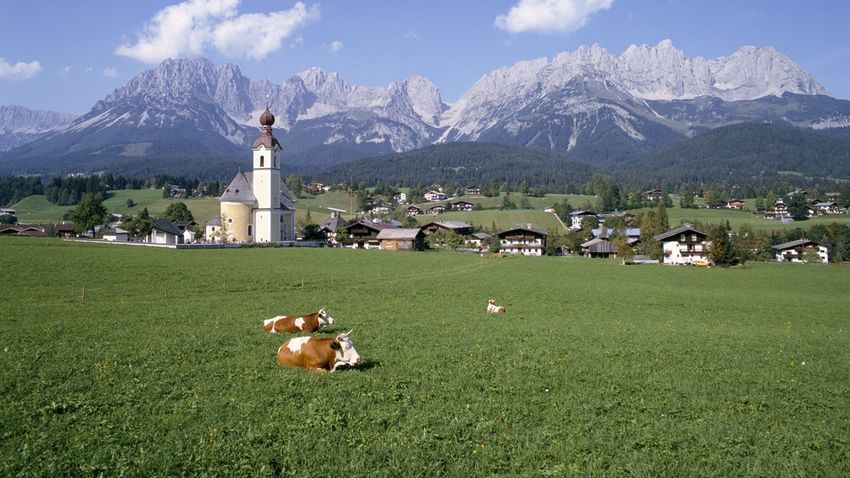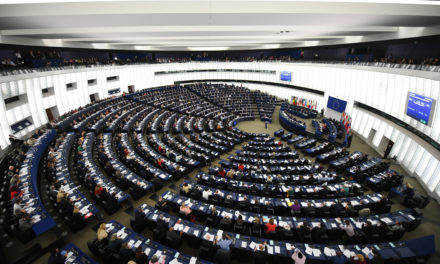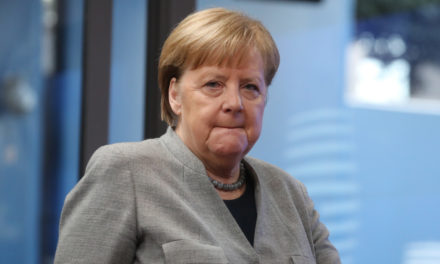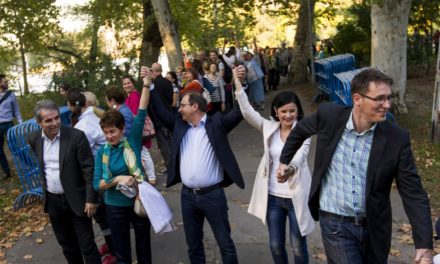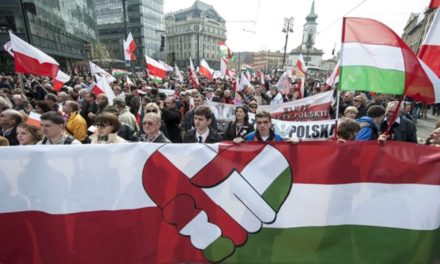Let's take note: Austria carries a lot of value from the now-disappearing West, to which we longed to belong for so long. Written by Mátyás Kohán.
Do you know where Aschen is? Even I didn't know two weeks ago. This is a six-house, fifty-five-year-old farmhouse in the Waldviertel, in the northwestern tip of Lower Austria, not far from the Czech border. Within a fifty-kilometer radius, you cannot find a city whose name an average Hungarian would know. It is tucked behind God's back in the forested deep Austrian wilderness in such a way that it would be more expedient to point out to the wild animals that a car can sometimes drive there, rather than to signal the danger of wild animals to the drivers.
Here, at the beginning of last week, in a public space next to a horse stable, I spoke to forty Austrian freedom supporters from the Zwettl district about the Hungarian social policy encouraging family formation and employment, and I clarified the accusations concerning Hungarian press freedom. And for them it was a normal Monday night; because once or twice a month the people of Aschen, Schönbach, Hummelberg, Pfaffing, Kleingöttfritz and Kleinnondorf get up from the cow's udder, put on the Lajbi and sit down to politicize.
And this, please, is not one of the government parties well embedded in the unbelievably oligarchic Austrian economy from the Hungarian point of view, nor is it the Austrian Tusványos. No, this is the life of an average grassroots organization in the opposition Freedom Party of Austria (FPÖ), which was able to govern as a minor coalition partner for three and a half years out of the last twenty.
Politics has simply become so integrated into the everyday life of Austrians; it is the most natural thing in the world for citizens, peasants, and workers to play politics.
Oh, and I also ate greasy bread here for the first time outside of Hungary, and that in itself proves that these are normal people.
That is why, after a colossal scandal similar to the Ibiza case, a couple beyond Lajta does not go to the dustbin of history, but after a few years flies back to the top of the popularity charts. What is organic, what belongs to the citizens, cannot be simply blown away, either by created or real scandals. The Austrian People's Party, the Austrian Social Democracy, the Austrian Freedom Party are timeless, organic, rooted things - this is what we need to learn from them, not whine about how much more they earn.
Although Austria is not a member of the V4, it has always had many contacts with its eastern neighbors, and it has always been good for the country to be a bridge between east and west. The bridge-building role was good for him - the most talented politician of contemporary Austria, ex-chancellor Sebastian Kurz, said this this week at the MCC Festival in Esztergom. The star guest of the largest professional music festival in the Carpathian Basin also spoke about how he particularly liked working with Viktor Orbán, and that Europe's main goal - as the Hungarians say - should be defined in maintaining competitiveness, so that democracy and the Western world can remain attractive to other countries. against systems. In addition to preserving our unity, in Europe we must respect the differences of the countries, and it would be a shame to tear apart the globalized world that was so good to bring together - I also quoted these from the ex-chancellor, the cover hero of this week's issue.
Let's take note: Austria (especially the strong, rich and self-sufficient rural-small-town Austria, which has not yet been crushed by mass migration) carries a lot of values from the now-disappearing West, to which we have wanted to belong for so long.
Let's not be afraid to join hands with him, breaking through in-law mannerisms and unprincipled domestic political posturing; and above all, let's not be afraid to learn politics from them as individuals and as a country.
They have no shame either: the FPÖ, which is preparing to govern, is openly studying Hungarian examples for its own family policy and cultural policy program. The Hungarian-Austrian cooperation, which even a monster coalition of the People's Party and the Green Party and a bloody Brussels-Budapest clash could not break, because it is an eternal and valuable thing, we wear it proudly on our lapel. And let's ask the best Austrians about world affairs from time to time.
Featured image: Hans-Peter Merten / Robert Harding Heritage / robertharding via AFP

